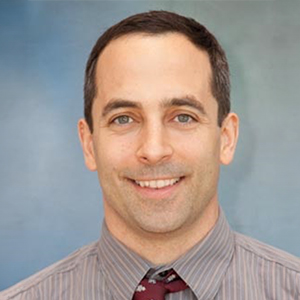Trust is often a necessary precursor for the adoption and correct use of an autonomous robot, especially when that use of a robot entails significant risk. Following a robot’s evacuation directions during an emergency presents serious risk and requires trust on the part of the evacuee. This work examines how and why humans trust robots by evaluating whether people will follow a robot during a stress-inducing emergency evacuation.
Our work demonstrates that people tend to overtrust robots, relying on them when they should not, potentially increasing the risks they face. This work also explores Human-Robot Interaction (HRI) in situations when the human is under duress and their decision- making may be influenced by their fight-or-flight instincts. We present results from simulation, virtual reality, and physical experiments and also discuss the ethical ramifications of creating emergency evacuation robots that may one day be tasked with assisting in saving human lives.

Prof. Alan R. Wagner is an associate professor of aerospace engineering and a senior research associate for the Rock Ethics Institute at The Pennsylvania State University. He received his bachelor’s degree in psychology from Northwestern University, his master’s in computer science from Boston University, and his Ph.D. in computer science from Georgia Institute of Technology. Before joining Penn State, he was a senior research scientist at Georgia Institute of Technology’s Research Institute and a member of the Institute of Robotics and Intelligent Machines. Wagner’s research interests focus on human-machine trust, robot and machine ethics, and space robotics. He is a recipient of the National Science Foundation’s CAREER award, Air Force Young Investigator Award, and has participated in the National Academy of Engineering’s US Frontiers of Engineering Symposium. He has won several best paper awards, most recently receiving the best journal article of 2018 award from the journal ACM Transactions on Interactive Intelligent Systems for his work on human-machine trust.